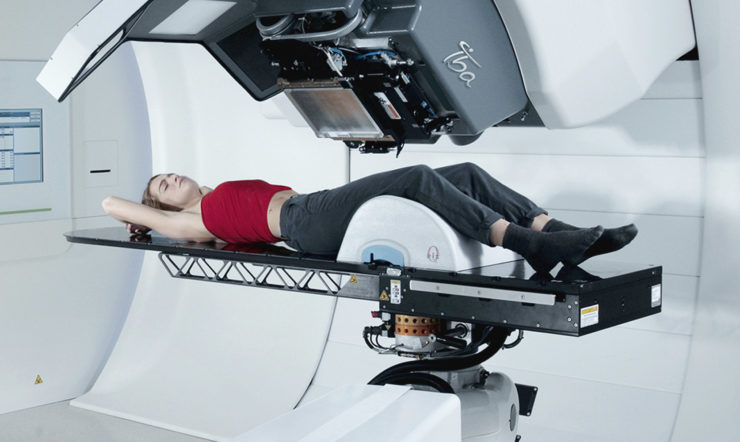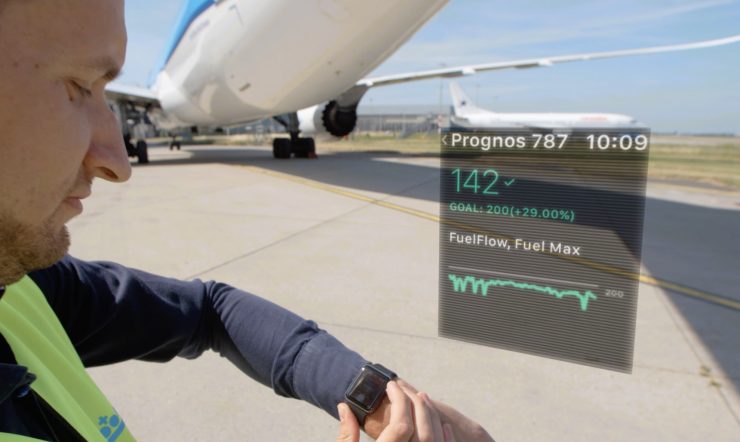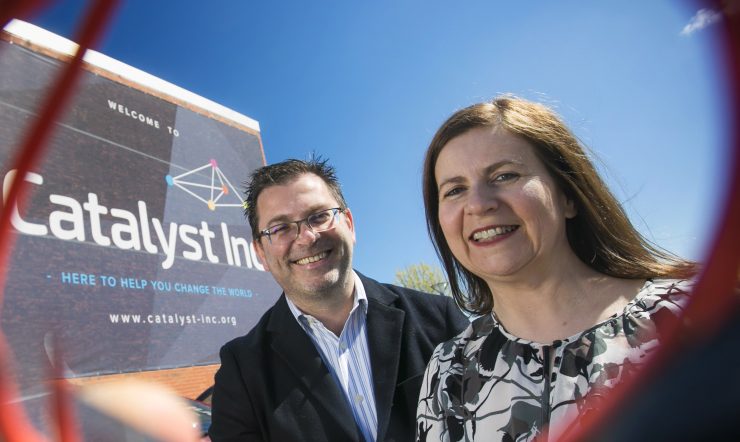As we continue to emerge from the Covid-19 emergency, we can easily look back over the past year and see how our health service’s information and technology systems were massively challenged. But despite – or perhaps as a result of – these challenges, our Health Service Executive (HSE) transformed their adoption of technology at unprecedented levels, by using digital solutions for the delivery of key services to citizens and patients during Covid. This transformation was underpinned, not only by the introduction of digital technology, but also by the effective management and analysis of data which enabled better decision and policy making.
The impact of our health service’s digital transformation underscores the critical importance of a well-functioning, effective and secure technology platform for healthcare in Ireland. In fact, the World Health Organisation (WHO) sees the creation of both robust health information systems (HIS) and secure digital health solutions as a key priority.
A little over a year ago a conversation with Dr Alan Barrett, CEO of the Economic and Social Research Institute (ESRI) led to a collaboration that pooled the expertise of both Microsoft Ireland and the ESRI to examine how technology can, and has, helped transform healthcare. As part of this relationship, the ESRI have developed a research report, which is hugely relevant as we look ahead. It was recently launched at the seminar, “Advancing a Digital Healthcare Future for Ireland”, held on the 23rd of June.

The report on the potential impact of digital solutions in healthcare, with a specific look at experiences in Ireland including the HSE, was launched at the event and 3 key themes emerged.
The first was around the very real pace and impact of digital transformation in healthcare both in Ireland and elsewhere; the second spoke to the patient and citizen impact of that transformation in terms of better health outcomes and better results for the exchequer and, finally; third, the palpable desire and imperative to sustain the momentum for digital transformation in healthcare and to build on the foundations laid over the last 18 months and longer. Within an Irish context it is clear how fundamental these themes are in the overall implementation of Sláintecare and transformation of our health system.
The paper’s findings will hopefully inform and encourage even greater engagement and ambition to deliver real impact that benefits patients, medical staff, and citizens alike.
Click here for a summary of the key findings.

























